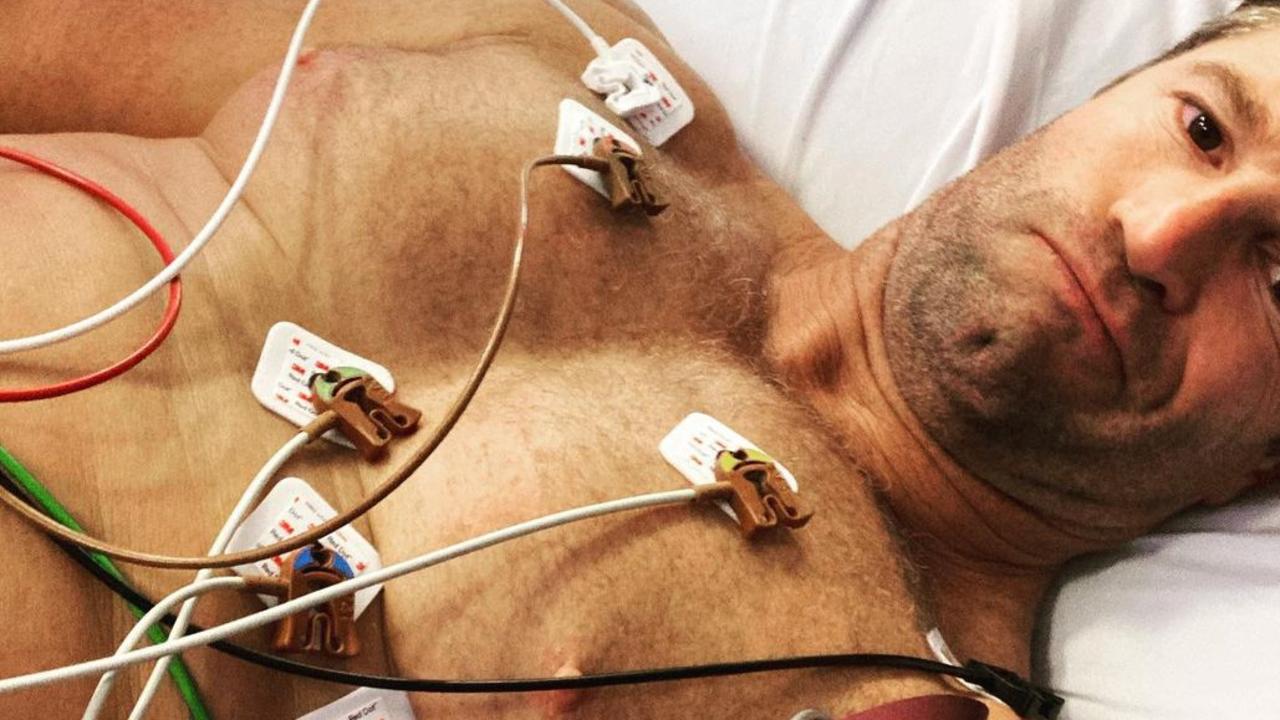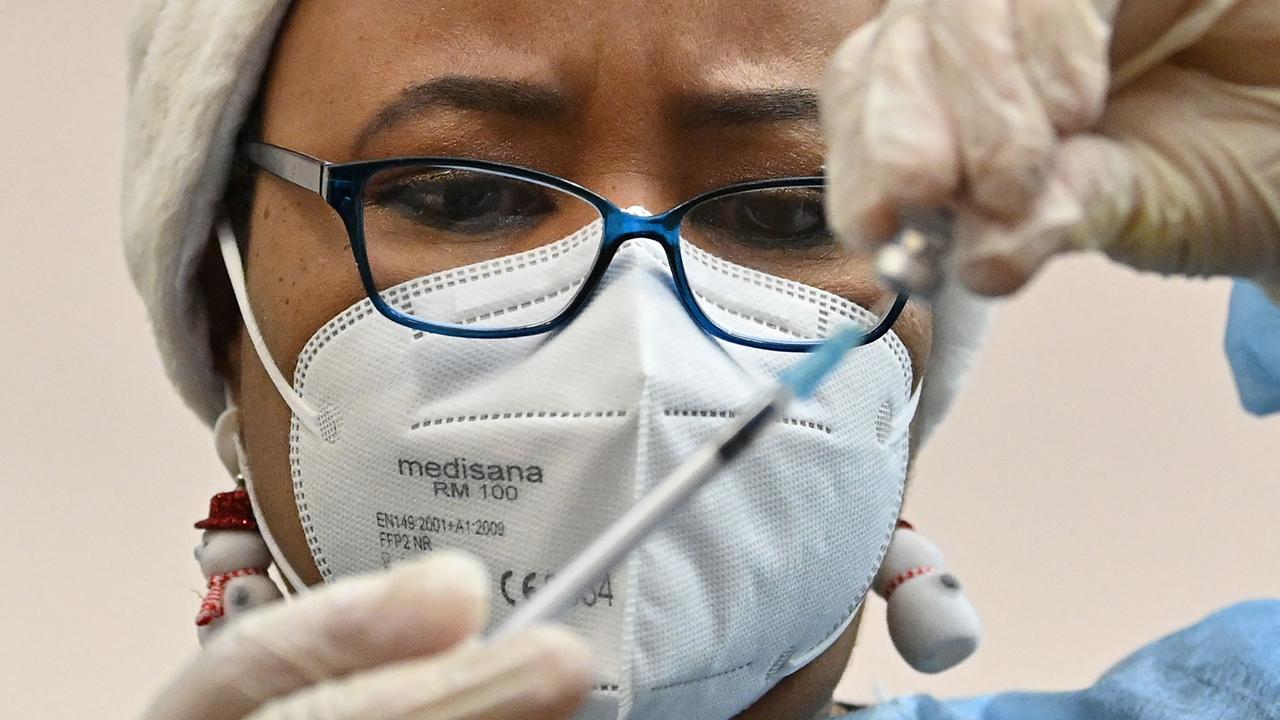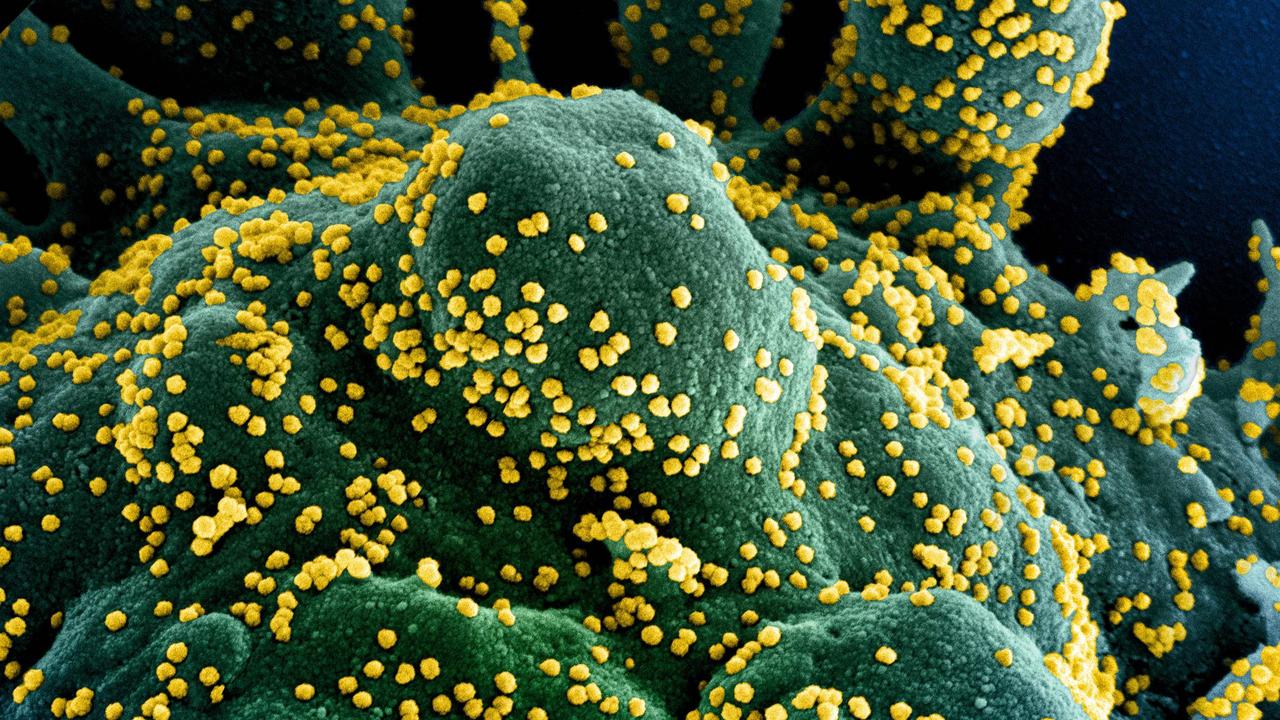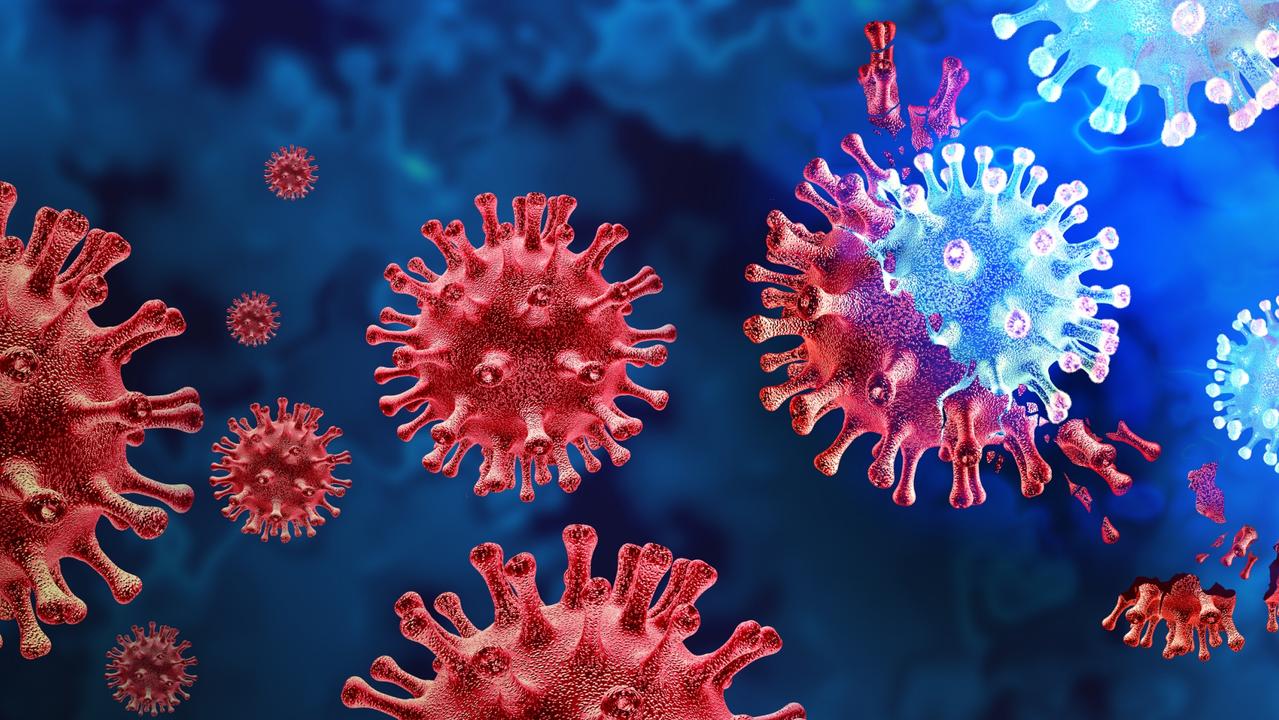Details from Seven journalist’s Covid vaccine post go missing
Large parts of a video post from Seven reporter Denham Hitchcock about adverse reactions to the Pfizer vaccine have gone missing.
Seven reporter Denham Hitchcock has heavily edited a video post on his Instagram page about adverse Covid vaccine reactions – reportedly after his employer stepped in and had a word with him.
In the post, Hitchcock initially made reference to “uncomfortable” information about vaccinations after being hospitalised with a rare condition called pericarditis following the first of his two Pfizer jabs.
The comments were made alongside a 22-minute video posted to the Seven reporter’s Instagram account.
A portion of the original caption read: “As I’ve said form [sic] the start, I’m not anti-vax, I’m pro choice, and pro information, no matter how uncomfortable that information might be.”
But just hours later he amended the caption to read in part: “As I’ve said before I’m not anti-vax – I’m pro choice and pro information – I’ve been encouraged by the intelligent back and forth on these threads, and hope this will help with the conversation.”

The accompanying video – in which he speaks to Therapeutic Goods Administration boss Professor John Skerritt and epidemiologist Catherine Bennett about adverse Covid-19 vaccine reactions – had also been edited down from 22 minutes to just 14 minutes.
The Daily Telegraph reports that Seven bosses advised Hitchcock to remove his editorialising of the issue “to make the video more balanced and in line with public responsibility”.
The revised video was titled “Vaccine Q and A”.
“I’ve received a lot of information since having a reaction to the pfizer vaccine, and some of the most concerning messages have been surrounding online posts over the reported reactions to the TGA,” he wrote. “It seems no one is really addressing it, so this video is about that.
“This replaces an earlier post that had a lot of mixed figures and many people found it confusing. Apologies!
“The figures on all this – change each day – and I worked on it on and off for a few weeks. Hopefully this is easier to follow.
“As I’ve said before I’m not anti-vax – I’m pro choice and pro information – and I’ve been encouraged by the intelligent back and forth on these threads, and hope this will help with the conversation.”
News.com.au has reached out to Hitchcock and Seven for comment on the amended post.
In the video, Hitchcock also gave an update on his condition.
“I don’t really feel like I’ve turned the corner yet,” he said. “It’s been over a month since it started and a just over a week since I’ve been out of hospital.

“I’ve lost the pins and needles in my hands thankfully, but I feel have shortness of breath, some chest pains, although not the sharp ones, chills in the afternoon. I’m taking a lot of medication, I can’t walk more than 600 or 700m without having a lie down, so my usual morning exercise is out of the window.
“I’m told I’m going to make a full recovery and I hope that that happens soon.”
The extremely rare side effect impacts about one in 74,000 people who receive the Pfizer vaccine. In overseas studies, according to advice from Australia’s Department of Health, it particularly impacts males under 30 years of age after they’ve received their second dose.
With Delta outbreaks in three of Australia’s states and territories, the benefits of protection against Covid-19 far outweigh the tiny risk of possible side effects from getting the jab.
Executive director of the Victor Chang Cardiac Research Institute, Professor Jason Kovacic, told news.com.au that instances of myocarditis and pericarditis after receiving the Pfizer vaccine occur “only very, very rarely”.
“About 60 people per one million can get myocarditis with the mRNA vaccines (Pfizer and Moderna) and it is generally a mild, short-lived illness. These complications cause inflammation of the heart muscle or inflammation of the lining around the heart muscle,” Professor Kovacic explained.
“These complications have been reported in just a handful of people around the world and to the best of our knowledge most of them have recovered.
“In contrast, risk of having some of heart complications if you contract Covid-19 is about 1000 times higher at five to 10 per cent.”
– With Natalie Brown
benjamin.graham@news.com.au






